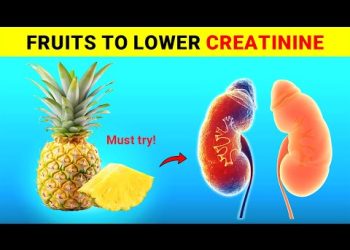Introduction to Protein Sources
Protein is an essential macronutrient that plays a crucial role in building and repairing tissues, among other vital functions. In the pursuit of health and fitness, understanding the differences between plant and animal proteins is essential. This article seeks to discuss these differences and help you determine which protein source might be better for your dietary needs.
Nutritional Content of Protein
Both plant and animal proteins provide necessary amino acids, but they differ in their amino acid profiles. Animal proteins, such as meat, eggs, and dairy, generally contain all the essential amino acids, making them complete proteins. On the other hand, most plant proteins are considered incomplete because they lack one or more essential amino acids. However, a well-planned plant-based diet can still offer complete proteins through a variety of foods.
Digestibility of Proteins
Digestibility is a key factor in how well our bodies can use the proteins we consume. Animal proteins tend to be more easily digested and absorbed by the body compared to many plant proteins. This is often because plant proteins are encased in a complex plant cell structure, which can make them harder to break down during digestion.
Health Benefits and Risks
Choosing between animal and plant proteins can also depend on considering health benefits and potential risks. Diets rich in plant proteins have been associated with lower risks of heart disease, high blood pressure, and cholesterol. Conversely, some animal proteins, especially red and processed meats, have been linked to health issues such as heart disease and certain types of cancer.
Environmental Impact
The environmental footprint of protein sources is another critical factor to consider. Typically, plant proteins have a lower environmental impact compared to animal proteins. The production of animal protein generally requires more resources, such as water, land, and energy, leading to higher greenhouse gas emissions.
Choosing the Right Protein for You
Choosing the best type of protein often depends on individual dietary preferences, health goals, and ethical considerations. Some people may thrive on plant-based proteins, while others may require the amino acid completeness and density provided by animal proteins. A balanced approach taking into account personal health objectives can be beneficial.
Integrating Proteins into Your Diet
Incorporating a variety of protein sources into your diet can help meet nutritional needs and promote overall health. For those following a plant-based diet, combining foods such as beans, lentils, nuts, seeds, and grains can provide a complete amino acid profile. For omnivores, including lean meats, fish, dairy, and plant proteins can offer a balanced nutritional intake.
Special Considerations for Athletes
Athletes often have increased protein needs to support muscle recovery and growth. While animal proteins have traditionally been favored for their complete amino acid profile and ease of digestion, plant proteins can also support athletic performance if consumed in adequate amounts and proper combinations.
Cultural and Lifestyle Influences
Culture and lifestyle also heavily influence protein choice. Vegetarian and vegan diets may prefer plant-based proteins for ethical or religious reasons, while others may choose animal proteins for tradition and taste. Understanding and respecting these differences is essential in making informed dietary recommendations.
Conclusion
Whether plant protein or animal protein is better largely depends on individual dietary needs and lifestyle choices. Both have their advantages and potential drawbacks. By evaluating nutritional content, health concerns, environmental impact, personal goals, and lifestyle, you can make a more informed decision about which protein source aligns best with your preferences and values.











